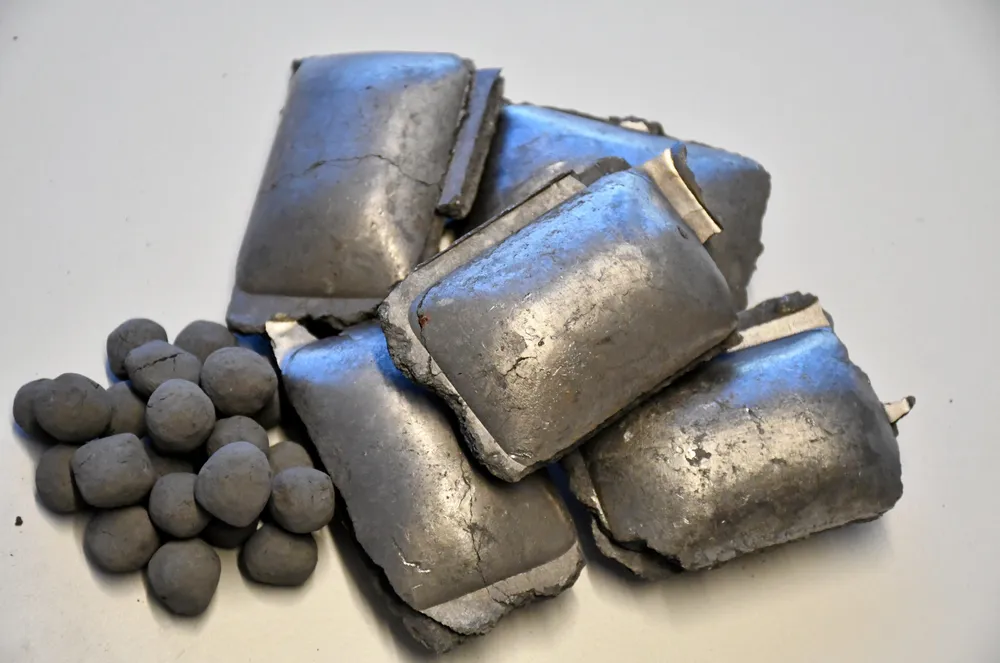Vattenfall-led hydrogen-fuelled steel to take step towards industrial scale
HYBRIT initiative of Swedish utility, steel company SSAB and mining firm LKAB presents report to Swedish Energy Agency after six years of research and semi-industrial projects

The HYBRIT initiative by Swedish utility Vattenfall, steel company SSAB and mining firm LKAB has presented the results of six years of research in a final report to the Swedish Energy Agency, and said the project will now continue to be implemented on an industrial scale.
The transition to HYBRIT technology is expected to reduce the Nordic country’s CO2 emissions by more than 10%.
“It is very gratifying to see the positive results of our targeted cooperation, partnership is a recipe for success,” said Andreas Regnell, head of strategic development at Vattenfall and board member of Hybrit Development.
“The next step involves scaling up to an industrial scale where fossil-free electricity and hydrogen are what enable the transition to a future where it is possible for everyone to transport, produce and live fossil-free.”
HYBRIT Development general manager Ulf Spolander added: “The focus of HYBRIT's technical development has been to build competence and create technical conditions for the implementation of a fossil-free process in full-scale production.
“We are very happy that as a team we were able to deliver successful results that reached or exceeded set project goals.
“The knowledge and experience we developed during the course of the project will now be focused on continuing technology development, primarily to support the industrialisation of the owner companies.”